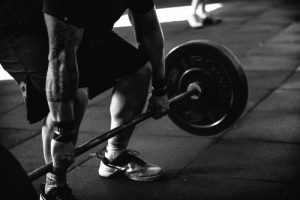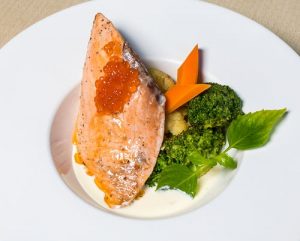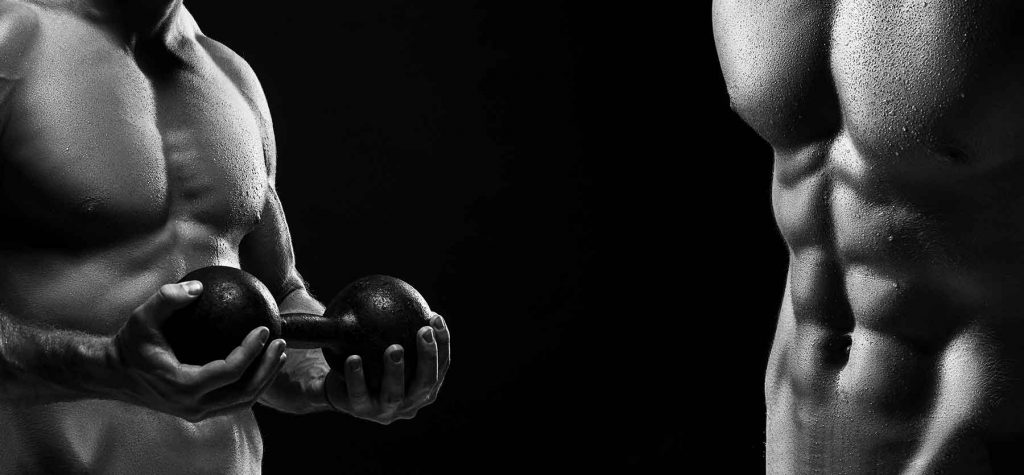Let’s face it we are all forever in search of the Holy Grail – the newest scientific training method, the most technical equipment or the latest nutritional trend. Truth be told, especially in nutrition, the best nutrition plan starts with doing the basic things right, ‘building the foundations’ and then making the finer adjustments to suit you. At Platform Nutrition we believe in uncovering the fundamentals of a healthy balanced diet and personalised nutrition.
A Healthy Diet
Any nutrition plan should reflect the body’s basic needs whilst also considering requirements to match the exercising demand, tweaking dietary intake depending upon a training and competition. In terms of constructing a healthy diet for sport, dietary intake should be split into 60% carbohydrate, 25% protein and 15% fat, for the day. The food standards agency provide a more practical way of recommending a balanced diet, dividing foods into five food groups as illustrated by the eat-well plate below; providing some insight into what foods to eat in abundance and what to limit. This model is not designed to show what to eat on a single plate but across the entire day. For example it illustrates that fruit, vegetables and slow release carbohydrates should form a large part of your dietary intake.
Carbohydrate Fuel
Typically, an exerciser is fuelled by carbohydrate providing crucial supporting for exercise intensity and recovery, so don’t be fooled into cutting this important macronutrient out of your diet. Carbohydrate foods can be grouped according to the glycaemic index (GI), which classifies carbohydrate depending upon effect on the blood sugar levels on a scale of 0-100. GI is split by low (<55), medium and high (>70) GI products. In General, low GI carbohydrate should be the main choice, with small amounts of high GI carbohydrates before and immediately following training. Low GI carbohydrates include wholegrains, vegetables and many fruits so should be plentiful in the diet.

Carbohydrate recommendations
| Daily | During Training | Recovery (immediate) |
| 5-12 g per kg of body mass per day | Depending upon the intensity and duration. >60 min have 30-60 g per hour | 1 g per kg of body mass (within 60 min after exercise) |
Protein Power
Protein is the key to muscle recovery, development and growth and a vital nutrient in the diet. Protein should be split into 20-30 g feeds and positioned throughout the day. To maximise recovery you should consume 20-30 g immediate following training.
Protein recommendations
| Daily | Recovery (immediate) |
| 1.2-2.0g per kgof body mass | 20-30g (within 60 min after exercise) |
Good Fats
In modern society, people are generally aware that high fat foods should be limited in the diet. Not all fats, however, are bad and in fact some are essential. For example, good fats such as omega 3s found in fish oils and dark green leafy veg, may reduce muscle and joint inflammation when supplemented within the diet, benefits which would be welcomed when looking for a speed recovery and avoid injury. As a general recommendation, you should consume 2-4 grams per day of polyunsaturated omega-3 fats. You can find about 1.5 g in a typical portion of salmon but many supplement with omega 3 to hit this daily level.
Fat recommendations
| Daily | Saturated fat |
| 0.6-1.0 per kg of body mass | <10% |
Don’t forget Fibre
When it comes to planning a diet, fibre is often neglected. Dietary fibre rich foods are either water-soluble, which have been shown to lower cholesterol and balance blood sugar levels, such as oats, legumes and berries; or water-insoluble fibre, which helps to promote bowel regularity, foods such as bran, nuts and seeds. A significant amount of scientific research has been conducted looking at the link between fibre intake and weight loss, with early findings linking fibre with increased satiety and the maintenance of blood sugar levels; ideal for individuals on a calorie restricted diet. With regard to daily consumption, aim for a 3:1 ratio of insoluble to soluble fibre of 25-35g of total fibre per day.
Get a head start
Breakfast is the most important meal of the day, providing the body with energy and rebalancing its protein stores, but often with a busy lifestyle this vital meal is missed. Try making some overnight oats a great way to start the day but also provides a convenient way to get a balanced breakfast to fulfil your needs. Check out a recipe here http://www.katheats.com/favorite-foods/overnightoats
It’s not about new, it’s about doing things right!
Before you embark on the quest for the latest novel supplement, think about whether your current diet is as good as it can be. Putting in the foundations of a nutrition plan is the start point, the line in the sand. Taking the science behind carbohydrate, protein, fat and fibre and tailoring it to the demands of your training and shaping it specifically to you. Building strong foundations will support your goals whatever they might be.




